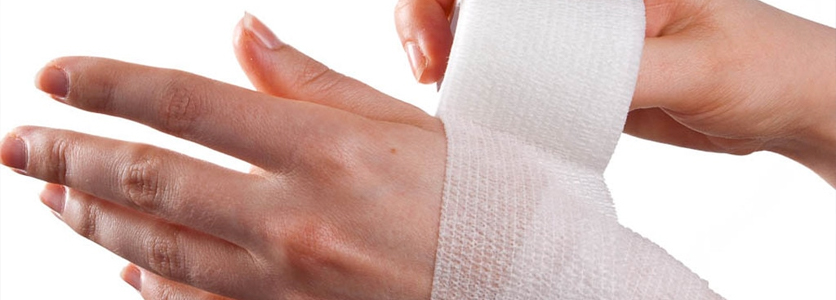Premier Screening Package
New Year, New You Package
Thyroid Screening Package
Dengue Vaccination Package
Comprehensive Maternal Fetal Medicine Package
Executive Screening Package
Wellwoman Premier Screening (by Physician)
Basic Screening Package (Medical Officer)
Health Screening Packages
Basic Dietary Consultation Package
Women Comprehensive Screening
Premier Health Screening (Medical Officer)
Women Wellness Screening Package
Cardiac Screening Package
Post Covid-19 Screening Package
Premier Female Screening Package
Dietetic Service Package
Premier Male Screening Package
Pre-Employment Screening Package
Endoscopy Screening Package
Diet Consultation Package
Cardiac Screening Package
Basic Health Screening (Medical Officer)
Silver Health Screening (Specialist)
Dengue Vaccination Package
Gold Health Screening (Specialist)
Pre-Employment Screening Package
Allergy Screening Package
Health Screening Packages
Wellness Health Screening (Specialist)
Hepatitis B Vaccination Package
Anemia Screening Package
Wellwoman Basic Screening (by Gynecologist)
Welcome to College Package
Wellness Package – C-Cardiac Plus Male
Care For Your Heart Screening Package
Endoscopy Screening Package
Antenatal Check Up Package
Colorectal Cancer Screening Package
Fatty Liver Assessment & Female Cancer Screening Package
Back or Neck Physiotherapy Package
Love Your Heart Screening Packages
Cardiac Screening Package
Wellness Package – C-Cancer Female
Thyroid Screening Package
Breast Clinical Examination
Prostate Screening Package
Influenza Vaccine Promotion
Basic Dietary Consultation Package
Cervical Cancer Screening Package
Cardiac Screening Package
Digital Mammogram Package
Golden Age Health Screening Package
Fetal Detailed Scan Package
Pre-marital Screening Package
Knee Pain Relief Treatment
Hajj & Umrah Vaccination Package
Physiotherapy Stroke Package
Pre-University Screening Promotion
Cervical Cancer Screening Package
Hajj & Umrah Vaccination Package
Umrah & Hajj Vaccination Package
Yellow Fever Vaccination Promotion
Hajj & Umrah Vaccination Package
Women’s Day Screening Package
Basic Physiotherapy Package
Wellman Premier Screening Package
Standard Screening (by Physician)
Post Covid-19 Screening Package
Dengue Vaccination Package
Pre-Marital Screening Package
Post Covid-19 Screening Package
Executive Health Screening Package
Pre-Employment Screening Packages
Health Screening Package (Special Promo)
Basic Health Screening Package
Essential Health Screening Package
Pre-Employment Screening Package
DEXA Scan Bone Density Test
Sports Rehab Laser Package
Cosmetic Gynecology Package
Wellness Package – C-Cardiac Plus Female
Influenza Vaccine Package
Post-Covid Step Down Care
Essential Health Screening (Medical Officer)
Dengue Vaccine Promotion
Shingles Vaccination Package
Basic Screening Package (Specialist)
Occupational Health Screening / Medical Surveillance
Back to School Vaccination Package
Liver Care Screening Package
Ear, Nose & Throat Screening Package
Wellness Package – Essential
Preferred Health Screening Package
Low Dose CT Scan for Lung Screening Package
Dengue Vaccination Package
Influenza Vaccine Promotion
Comprehensive Screening (Specialist)
Wellwoman Executive Screening (by Physician & Gynecologist)
Fetal Detailed Scan Package
General Health Screening (Specialist)
Wellness Package – C-Cancer Male
CT Coronary Angiogram Package
Pre-Marital Health Screening Package
Dengue Vaccination Package
Pre-University Screening Package
Dengue Vaccination Package
Silver Strength Therapy Package
Pterygium Surgery Package
Influenza Vaccine Promotion
Hepatitis B Vaccination Package
AIA Policyholders Self-pay Benefits
Influenza Vaccine Promotion
Nasopharyngeal Cancer Screening
Frozen Shoulder Treatment Package
Neuro Management Physiotherapy Package
Kids Vaccination Package
General Health Screening (Medical Officer)
C-Cancer Screening Package
Comprehensive Health Screening Package (Specialist)
Year-end Health Screening Packages
Executive Screening (by Physician)
Hajj & Umrah Vaccination Package
Gongxi Raya Health Screening Package
Wellman Premier Screening (by Physician)





